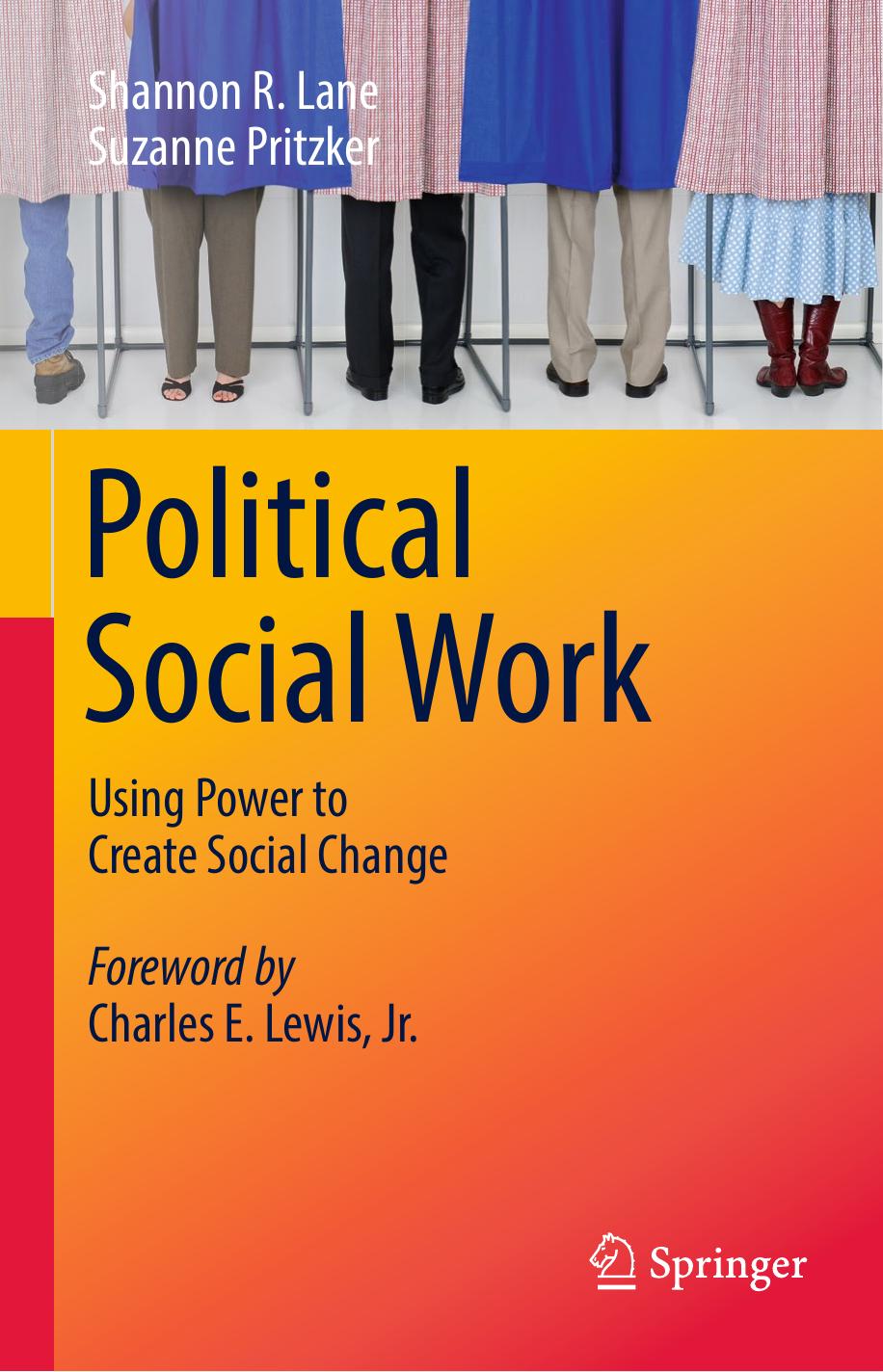Political Social Work by Shannon R. Lane & Suzanne Pritzker

Author:Shannon R. Lane & Suzanne Pritzker
Language: eng
Format: epub, pdf
Publisher: Springer International Publishing, Cham
Individuals with Differing Abilities
People who have physical, cognitive, or other disabilities often vote at significantly lower rates than other Americans. Some may assume that a disability disqualifies them from voting. Others may be socially isolated, which can result in not receiving communications from candidates, parties, or community groups. The process of voting itself can include many barriers that leave some individuals with disabilities unable to participate. Individuals with disabilities make up approximately 17% of voters overall, and have voting rates nearly 6% lower than those without disabilities, a difference of approximately three million voters. Nearly one-third of voters with disabilities reported experiencing problems with voting, compared to approximately 8% of those without disabilities (American Association of People with Disabilities 2016).
Some state laws address the voting rights of people with cognitive disabilities or mental illness in a negative manner, including states that deny the right to vote to “idiots or insane persons” (e.g., Kentucky, Mississippi, New Mexico, and Ohio), those of “unsound mind” (e.g., Alaska, Montana, and West Virginia), or guardianship (Tennessee) (Disability Justice 2017). In contrast, other states have affirmative language that states that all people should be given the right to vote whenever possible. For example, Rhode Island specifically states that “Patients admitted to a facility [for treatment of mental illness] shall not be deprived of the right to vote and participate in political activity” and that a “[c]ommunity residence resident will not be deprived of right to vote just because of admission and has right to reasonable assistance in registration and voting if desired” (Bazelon Center for Mental Health Law n.d.).
APPLY YOUR SKILLS/EXPLORE YOUR VALUES: Voting with Differing Abilities
Read more about voting with disabilities at http://disabilityjustice.org/right-to-vote/, http://www.aapd.com/our-focus/voting/, or http://www.yourvoteyourvoicemn.org/present/communities/people-disabilities-present, or another resource of your choice. Use your state’s election-related website, or reach out to election officials to identify the rules about disability voting in your state. Do you feel that those rules reflect social work values ? Why or why not?
Download
Political Social Work by Shannon R. Lane & Suzanne Pritzker.pdf
This site does not store any files on its server. We only index and link to content provided by other sites. Please contact the content providers to delete copyright contents if any and email us, we'll remove relevant links or contents immediately.
The Secret History by Donna Tartt(19002)
The Social Justice Warrior Handbook by Lisa De Pasquale(12177)
Thirteen Reasons Why by Jay Asher(8874)
This Is How You Lose Her by Junot Diaz(6857)
Weapons of Math Destruction by Cathy O'Neil(6248)
Zero to One by Peter Thiel(5767)
Beartown by Fredrik Backman(5717)
The Myth of the Strong Leader by Archie Brown(5482)
The Fire Next Time by James Baldwin(5409)
How Democracies Die by Steven Levitsky & Daniel Ziblatt(5200)
Promise Me, Dad by Joe Biden(5130)
Stone's Rules by Roger Stone(5065)
A Higher Loyalty: Truth, Lies, and Leadership by James Comey(4937)
100 Deadly Skills by Clint Emerson(4900)
Rise and Kill First by Ronen Bergman(4761)
Secrecy World by Jake Bernstein(4727)
The David Icke Guide to the Global Conspiracy (and how to end it) by David Icke(4685)
The Farm by Tom Rob Smith(4489)
The Doomsday Machine by Daniel Ellsberg(4474)
